Crohn's disease
What is Crohn's disease?
Crohn's disease is a severe chronic disease of the gastrointestinal tract, which affects its mucous membranes. Crohn's disease refers to chronic inflammatory bowel diseases and can affect any part of the gastrointestinal tract from the oral cavity to the rectum, but most often affects the terminal small intestine (ileum) and / or colon (colon and rectum).
Crohn's disease can start at any age, but it most often occurs between the ages of 15 and 35, with the same frequency in men and women. The disease can worsen many times throughout life, while the period between exacerbations can be quite long, without being accompanied by any symptoms.
Why does Crohn's disease develop?
Currently, most researchers are inclined to the autoimmune nature of the disease: the immune system of people with a genetic predisposition to Crohn's disease begins to attack its own cells of the intestinal mucosa, causing non-infectious inflammation in them. First-line relatives (children, siblings of patients with Crohn's disease) have a 10-fold higher risk of developing this disease than the general population. If both parents are sick, then in 50% of cases their children develop Crohn's disease at the age of less than 20 years.
Symptoms and complications of Crohn's disease
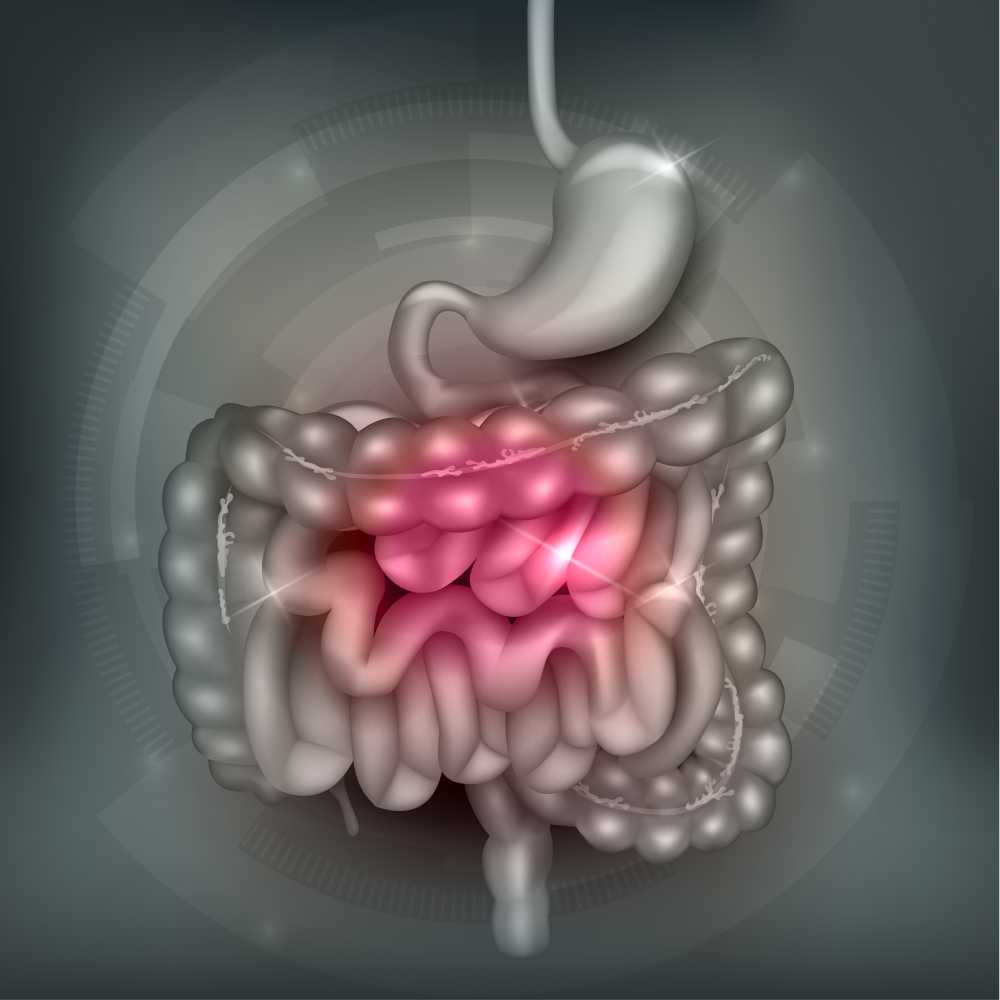 The following symptoms are the most common: cramps, abdominal pain (usually colicky, especially in the lower abdomen, often worse after eating), diarrhea (diarrhea) with an admixture of blood and mucus, bloating, fever, weight loss. Not all patients experience all these symptoms, some do not experience any of them, and signs of damage to the perianal region come to the fore: pain in the anus or discharge from it, skin lesions in the anus. Sometimes the leading symptoms are extra-intestinal: joint pain, ulceration in the oral cavity, skin and eye diseases, inflammation of the liver and bile ducts.
The following symptoms are the most common: cramps, abdominal pain (usually colicky, especially in the lower abdomen, often worse after eating), diarrhea (diarrhea) with an admixture of blood and mucus, bloating, fever, weight loss. Not all patients experience all these symptoms, some do not experience any of them, and signs of damage to the perianal region come to the fore: pain in the anus or discharge from it, skin lesions in the anus. Sometimes the leading symptoms are extra-intestinal: joint pain, ulceration in the oral cavity, skin and eye diseases, inflammation of the liver and bile ducts.
Crohn's disease is often complicated by intestinal obstruction due to the formation of strictures (narrowing of the intestine), the formation of intestinal fistulas, both internal (into the abdominal cavity) and external (percutaneous), paraproctitis (inflammation of the fiber surrounding the rectum), rectal abscesses, anal fissure.
The duration and extent of the inflammatory process increases the risk of developing intestinal malignancies. The risk increases approximately 8-10 years after the onset of inflammatory bowel disease and reaches 15-20% after 30 years.
What methods of diagnosis of Crohn's disease are used by EMC doctors?
The disease is difficult to diagnose, as the symptoms of Crohn's disease have much in common with other intestinal diseases. Crohn's disease should be distinguished from diseases with similar symptoms such as ulcerative colitis, irritable bowel syndrome, diverticulitis, colon cancer, intestinal infections, worm infestations, appendicitis, and other intestinal diseases.
To confirm the diagnosis, the doctor may prescribe the following tests:
Colonoscopy is an endoscopic method of diagnosing diseases of the colon. A flexible elastic probe with a camera (endoscope) is inserted through the anus into the rectum, then the colon, which allows you to study their condition almost throughout (about 2 meters) and, if necessary, take tissue samples for biopsy. The received material is sent for histological examination.
Virtual colonoscopy (computed colonography, CT colonography): A non-invasive procedure that uses X-rays to scan the abdominal cavity in layers, as a result, the doctor gets a three-dimensional view of the condition of the lumen of the colon.
Gastroscopy: A gastroscope is inserted through the mouth /nose into the stomach, which allows a detailed examination of the condition of the esophagus, stomach and duodenum.
Stool analysis for hidden blood: the presence of blood in the stool may indicate the presence of ulcerative lesions of the gastrointestinal tract.
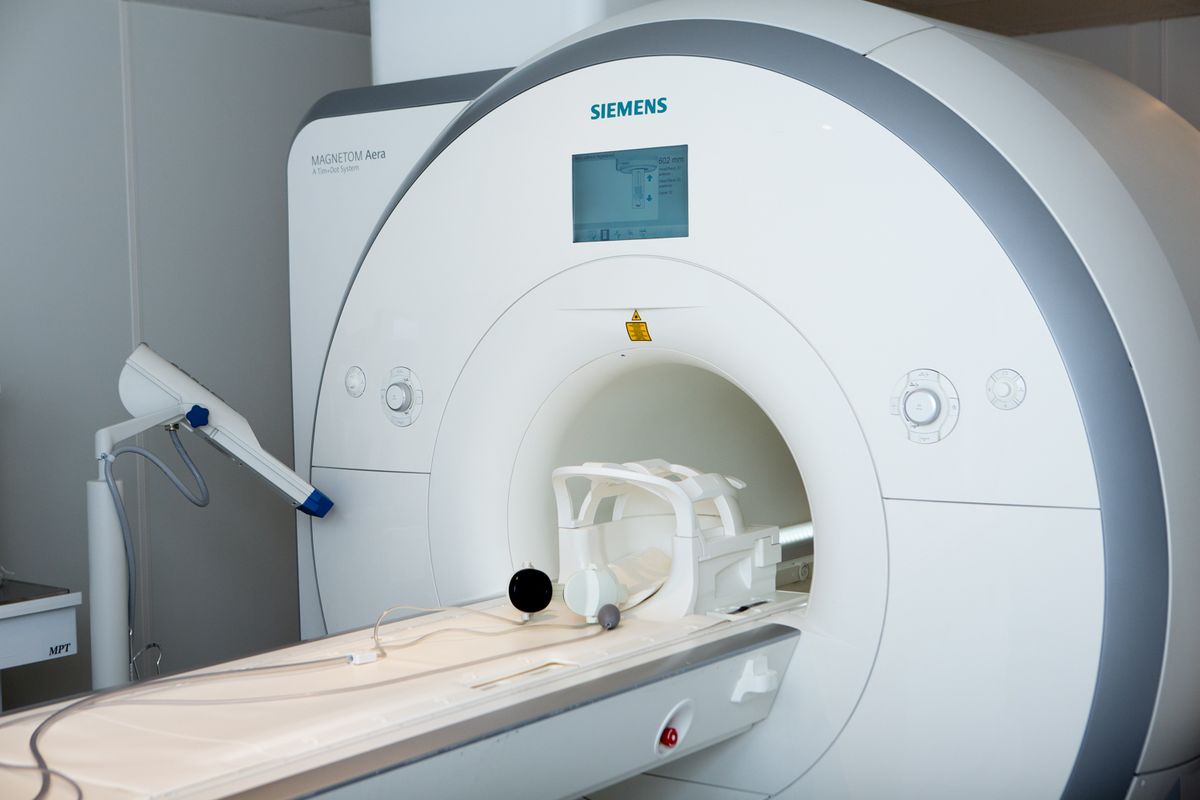 MRI (magneticresonance imaging): Detailed visualization of organs and tissues is achieved using a magnetic field without radiation exposure to the patient. This test is particularly effective for finding fistulas in the anal region (pelvic MRI) and small intestine (MRI enterography).
MRI (magneticresonance imaging): Detailed visualization of organs and tissues is achieved using a magnetic field without radiation exposure to the patient. This test is particularly effective for finding fistulas in the anal region (pelvic MRI) and small intestine (MRI enterography).
Ultrasound of the abdominal cavity, retroperitoneal space, and pelvis.
Irrigography, an X-ray examination method of the colon in which a radiopaque substance is injected into the intestine. It allows you to assess the shape, internal size of the intestine, the ability to stretch, and "filling defects" — damage to the intestinal wall (ulcers, diverticulae, polyps, and tumors).
Bacteriological fecal analysis - to exclude acute onset of the disease.
Blood tests: general, biochemical (C-reactive protein, iron, vitamin B12 are required).
Urinalysis.
What treatment options do doctors use for Crohn's disease in EMC?
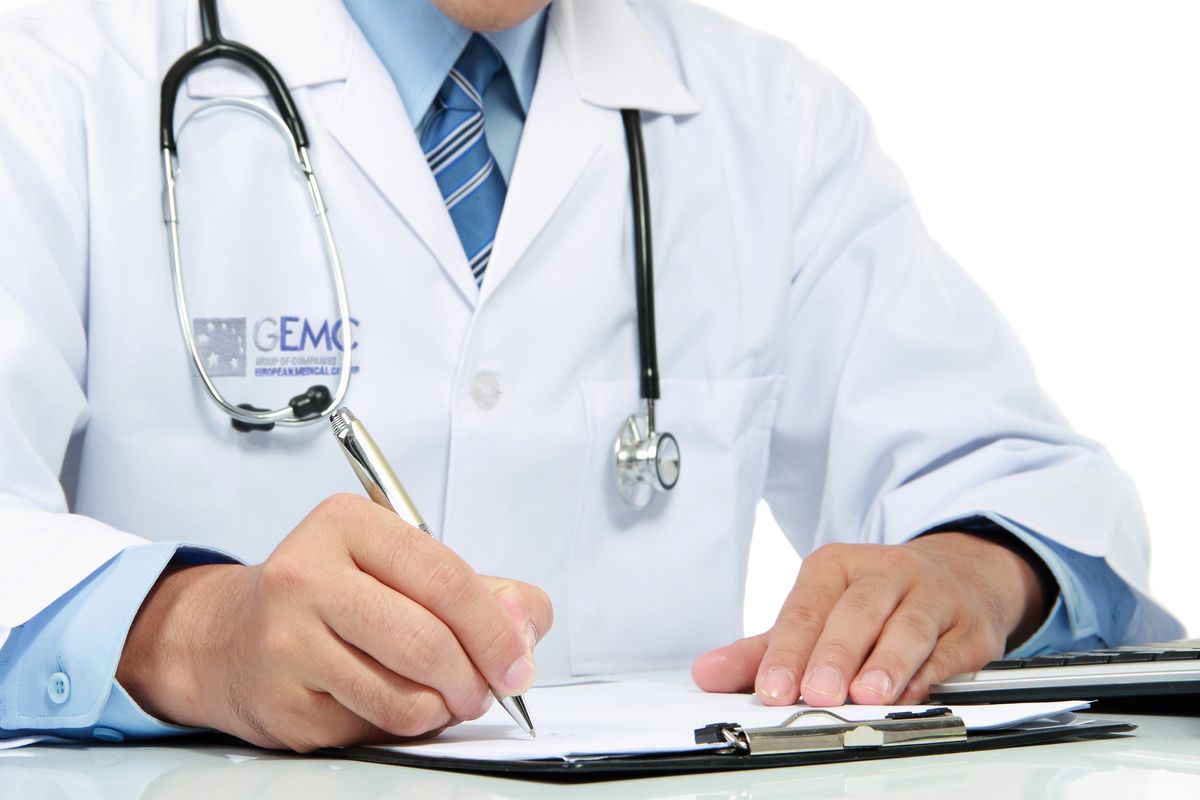 Crohn's disease and other inflammatory bowel diseases are treated jointly by a coloproctologist and a gastroenterologist.
Crohn's disease and other inflammatory bowel diseases are treated jointly by a coloproctologist and a gastroenterologist.
There is no specific treatment for Crohn's disease. Most patients with Crohn's disease require lifelong therapy. The disease proceeds with exacerbations, therefore, the task of drug therapy is to remove the acute manifestations of the disease and bring the patient into long—term remission.
Hormonal drugs (corticosteroids), immunosuppressants (drugs that suppress immunity), anti-inflammatory drugs, as well as antibiotics for the prevention and treatment of purulent complications are used to relieve inflammation, relieve symptoms, increase the recurrence-free period and prevent complications. Follow the recommendations on the diet.
In severe cases of Crohn's disease, new—generation biological drugs can be prescribed - the so-called monoclonal antibodies (immunosuppressants by mechanism of action).
Surgical treatment is used only if all other methods have failed and the disease is progressing, accompanied by complications, as well as if the disease leads to a delay in physical development. This is usually a resection (removal) of an inflamed part of the intestine. In some cases, the doctor decides to form an ileostomy (a surgically created hole in the abdominal wall that drains the contents of the intestine out) in order to exclude part of the intestine from digestion and allow the mucous membrane to recover. During a repeat operation, the timing of which is determined by the attending physician based on the patient's examination, the stoma is closed and intestinal continuity is restored. Fistulas or strictures (narrowing) of the intestine also require surgical treatment.
Surgery does not cure Crohn's disease, as it does not eliminate the cause of its development, but it often leads to long-term relief of the symptoms of the disease, reduces or eliminates the need for constant use of medications and allows patients to feel much better and lead a normal lifestyle.
Modern surgical treatment tactics for Crohn's disease in EMC are aimed at performing limited resections, and if possible, performing organ—preserving operations (stricturoplasty, dilation of strictures). The amount of surgery depends on the prevalence of the pathological process, the presence of complications and the general condition of the patient.
Indications for emergency surgery are intestinal bleeding and perforation of the small intestine into the abdominal cavity.
Care for patients with perianal lesions (in the perineum and anus)
Perianal lesions develop in 25-50% of patients with Crohn's disease, and are more common in colon lesions. In uncomplicated forms of anal fissures and asymptomatic fistulas, conservative therapy is performed. Acute purulent lesions that require urgent surgical treatment require special attention.
In the EMC Coloproctology Clinic, seton drains (thin silicone or latex drainage that prevents the fistula from closing) are installed during the surgical treatment of pararectal fistulas to ensure a constant outflow from the infected abscess cavity. This reduces the frequency of relapses and significantly facilitates the physical condition of the patient.
With severe damage to the perianal region with complex perianal fistulas, often leading to the development of purulent complications, the issue of forming an ileostomy is resolved in order to turn off the colon from the digestive process.
Living with Crohn's disease: what is required of the patient?
Outside of periods of exacerbation (when there are no symptoms of the disease), you should see a gastroenterologist and a coloproctologist, following the schedule of clinic visits prescribed by your doctor, and you can lead an active lifestyle.
Take your medications according to your doctor's recommendations. Notify your doctor about the side effects of the medications you are taking. Avoid taking nonsteroidal anti-inflammatory drugs (such as ibuprofen, ketoprofen, diclofenac, acetylsalicylic acid).
Follow the doctor's recommendations on diet, avoid fatty foods, as well as foods that irritate the digestive tract, including coffee and alcoholic beverages.
If you smoke, it is recommended to quit this habit: smoking worsens the symptoms of the disease.
Even in a relapse-free period, you should be attentive to any deviations in your state of health, and the slightest changes in your well-being should be reported to your doctor.
In what cases should you immediately contact a coloproctologist?
Consult a doctor immediately if
-
acute abdominal pain;
-
stool discharge is detected unrelated to defecation through fistulas in the anus and perineum;
-
the frequency of bowel movements increases, the stool becomes dark;
-
there is a discharge of blood from the rectum;
-
bloating appears, including asymmetrical;
-
chills appear, body temperature rises.
Why the EMC
The first and only clinic in Russia, created in the image of the world's leading clinics
EMC is a multidisciplinary center offering patients a high level of medical services and a personalized approach
Worldwide recognition and awards
 Learn more
Learn more
Worldwide recognition and awards
 Certificates and licenses
Certificates and licenses
Make an appointment for a consultation
Specify your contacts and we will contact you to clarify the details
Reviews
and new products of the EMC
.webp)

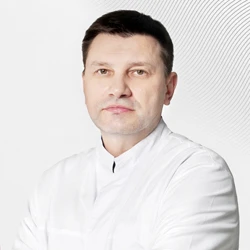
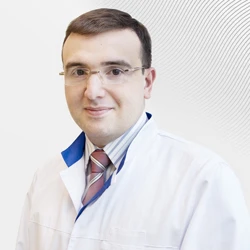
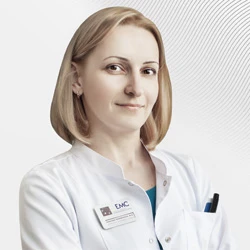


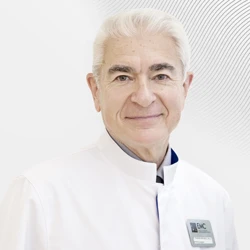
.webp)
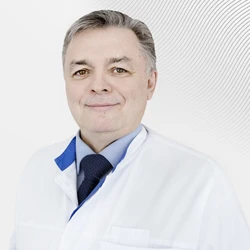
.webp)
.webp)


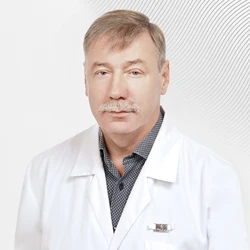


.webp)


